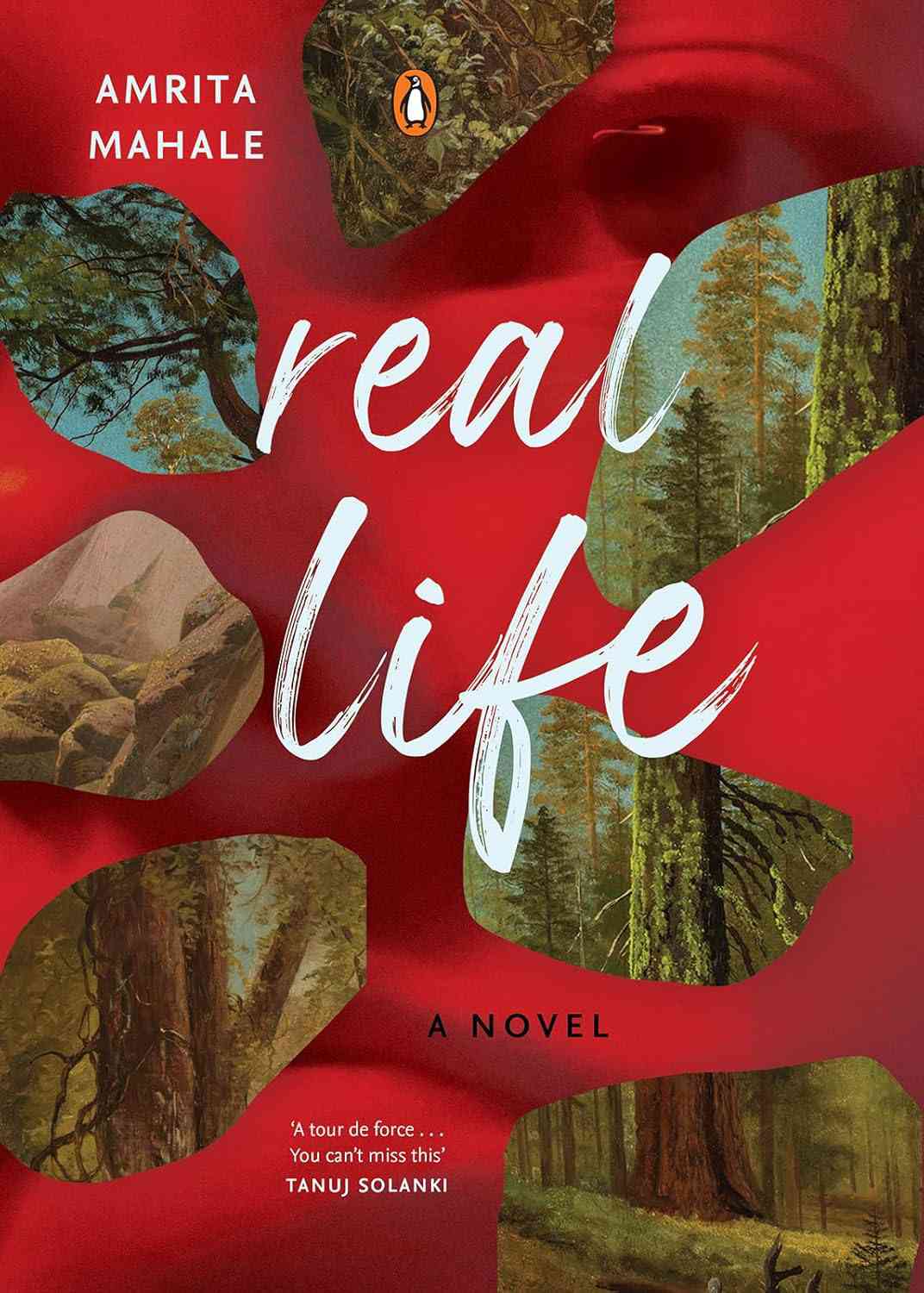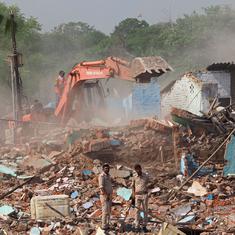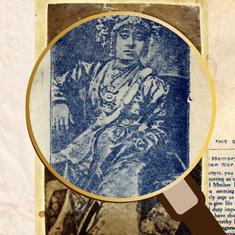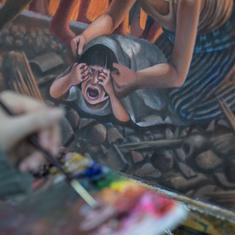On my first night in Jora, when I opened my eyes, there were so many stars in the window that for a moment I thought it was a wall riddled with bullet holes. This was nothing new. I had grown used to waking up in a cold sweat, my heart hammering in my chest, fragments of some new violence still flickering before me. I dreamt of you very often in those weeks; I still do. As my eyes adjusted to the dark, I began the work of disentangling my nightmare from the shock of my new surroundings.
Stars. Those holes in the wall were stars. And what I thought was gunfire was just the roar of the Mahamaya River. There was no head, no body. No trace of you, Tara. Not yet.
I let the river’s full-throated song put me back to sleep, but for the rest of the night, sleep came to me in ribbons. I napped through the day that followed, and the next and the next, with long tattered nights in between. Only five hundred and thirty-five kilometres from home, my body had decided it was jet-lagged.
It was my first time living alone in years. With no one to watch me or watch over me, I let my days spill into each other. I deleted every alarm on my phone and let my body tell me what time to sleep and when to rise. Four days in, tired of cancelling calls, I turned my phone off for good. I asked for all my meals – I ate five, sometimes six times a day – to be sent to my room. There was a spray of crumbs on the bed, and the air smelled of many different foods. When I ran out of clean underwear, I began to wear them inside out.
For nearly two weeks, all I did was watch awful movies from the nineties on the little television set in my hotel room. I even watched Hindi soaps. The ones where women turned into snakes, women turned into flies, women turned against other women. These shows had been running for years but within two or three episodes, I could work out the backstories of the characters, at least as much as I needed to in order to make sense of that week’s plotline. A woman conspiring with her in-laws, who had once tried to burn her for dowry, to take down a family enemy. A wife who had forgotten her husband’s betrayals and was helping him pull off a business coup. Second wives and third husbands, new faces, and in some cases, accidents that literally wiped off someone’s memory and gave them a clean slate. This is how these characters seemed to live, week to week with their memories wiped clean. It was also the only way to enjoy these shows: to forget everything that had happened before.
There may be a lesson in this, my mother says about these soaps. Happiness is forgetting.
In real life, forgetting is a luxury that I cannot afford. It is a privilege I will not allow myself.
But for the first eleven days that I was in Jora, I remained as if without memory, without purpose. And then, you appeared in my dream and I saw your favourite Helen song on TV after years, both on the same day. It was a sign. That was when I decided to go to the glacier where you took your last picture.
Our friendship began the week before my seventh birthday. My parents had asked me to choose no more than five classmates to invite to my birthday party. We also had a long list of neighbours and cousins who would be there. I had picked five names. You were not among them.
The week before my birthday was not when we met for the first time, but it was then that I became aware of you. We had been classmates for a few months; I was the new kid in class. My father’s job had taken us to a different town every few years. But the city by the sea, where you appeared in my life, was where we were to remain for a long time. In those years, I was quick to make friends. I had not yet learnt that I was an introvert; that company and conversation were supposed to leave me feeling drained.
Introvert, extrovert, what did these words mean to children anyway? The lens of our attention was not yet focused on ourselves. There was all the time in the world; we felt no need to reduce the sum of a hundred actions into a tidy word or two. Our nature was verbs, not adjectives. This much was enough: We both loved to read, watch Chitrahaar on Wednesday nights, play dog-and-the-bone, ride bicycles … we both liked to blow bubblegum bubbles, and wish upon eyelashes and dandelions. We both hated merry-go-rounds and ponytails too. Me because I found ponytails unfashionable; you because you thought they made your shadow look bald. We loved the same actors, the same snacks—my mother’s fried bread rolls were our favourite – and for a long time, back when we were still believers, we had the same favourite God. Hanuman, because of how he could pull his chest apart to reveal the image of Ram and Sita in his heart. Once, in a burst of feeling, the kind that has become rarer with age, I even told you that if my chest were torn apart, one would find my parents, my brother and you.
But I knew none of this the day I saw you sitting under a tree at school with your head down, your knees drawn to your chest. It was the week after Diwali, the week before my seventh birthday. Our school uniforms were white; what were you thinking sitting down in the dirt like that? I walked over and asked what was wrong. You looked up, brown eyes brimming with pain.
“Why is the world so cruel to animals?” you asked. How small you looked in your uniform that was a size or two too big. How small you looked, and all that big talk. Two of your front teeth had fallen out, your speech was sibilant. You had a square face whose edges your short hair emphasised. Many years later, ads for makeup foundations would inform us that your skin was nutbrown, walnut, latte; back then, it was only dark but flecked with light spots. With your thin limbs, bird-like, you looked so fragile. When the sun fell on you, your hair shone with a tint of copper.
Until that moment, you had lived on the margins of my attention. I knew your name, your roll number. I knew that you were very good at maths, that your English was coarse and your temper was short. You had once bitten a boy on his arm after he accidentally knocked your tiffin box out of your hands. You always wore a small black bindi. Now I had learnt that you loved animals as well.
“Which animals?” I asked.
“All of them. Dogs, cats, wild animals. Even birds and insects. Sit, I’ll tell you everything.” You patted the ground next to you. You pushed aside twigs and dried leaves and made room for me in your story.

Excerpted with permission from Real Life, Amrita Mahale, Penguin India.










